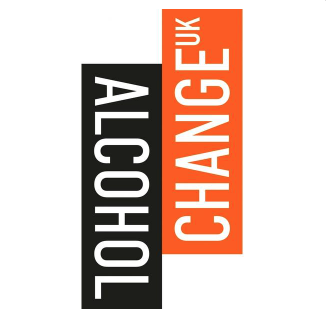In Campaigns
Follow this topic
Bookmark
Record learning outcomes
The first month of the year can be characterised by many things; the taking down of the Christmas tree, implementing New Year’s resolutions, returning to work after the holidays and, for some, embarking on a month of zero alcohol consumption. Dry January encourages the public to remain sober for the 31 days of January, with the help of the tools and resources provided by Alcohol Change UK, the body behind the campaign.
Start the year off sober
Dry January isn’t aimed at anyone in particular; but may be adopted by anyone who feels that they could benefit from taking a break from drinking. This could be because they feel they are drinking too much alcohol or drinking too often. Or it could simply be for those who are curious to try a month sober. Regardless of the reason for embarking on the challenge, people who have previously signed up to the campaign with Alcohol Change UK report significantly improved health and wellbeing as well as a healthier relationship with drinking six months later.
With that being said, those who are potentially alcohol dependent, or those who are alcohol dependent should not partake in the campaign. Alcohol Change UK notes the symptoms of alcohol dependency following a period of drinking are:
- Seizures (fits)
- Hand tremors (‘the shakes’)
- Sweating
- Hallucinations
- Depression
- Anxiety
- Difficulty sleeping (insomnia).
Anyone experiencing these symptoms should speak to a local alcohol service or their GP to establish the first steps to reduce drinking safely.
The growing popularity of the #DryWedding hashtag
January is not the only time Brits are choosing to go sober. Tying in with #DryJanuary is the #DryWedding trend which has become relatively popular in the UK. The catalysts of the movement fall between the ages of 18-34, with 28 per cent choosing to go without alcohol at weddings. This trend sheds light on the amount of people deciding to take a break from drinking for long or short periods throughout the year and sparks an interesting conversation on the benefits of going alcohol free. Alcohol Change UK notes the benefits of an alcohol-free month as:
- Higher energy levels
- Lower blood pressure
- Lower cholesterol
- Better sleep
- Weight loss.
- Alcohol Change UK also notes that taking a break from alcohol can lead to improved social ties, consistent productivity levels and reduced absenteeism at work.
Create awareness for Dry January in your pharmacy
Pharmacy teams can certainly play a vital role in the Dry January campaign by raising awareness in the pharmacy. A display in the window or on the pharmacy counter could easily be created using resources provided by Alcohol Change UK, these include free downloadable posters. The organisation also has social media images that are free to download, so pharmacy teams could raise awareness on their social medica channels too.
Pharmacy teams can also raise awareness for the campaign by letting interested customers know about the supportive resources Alcohol Change UK provides. The 'Try Dry' free app provides a companion for those partaking in Dry January and allows users to measure, manage and set custom goals surrounding their drinking during January and throughout the year. There is also an online community available for participants after signing up where they can share support, experiences and ideas with others – which also remains available year-round.


